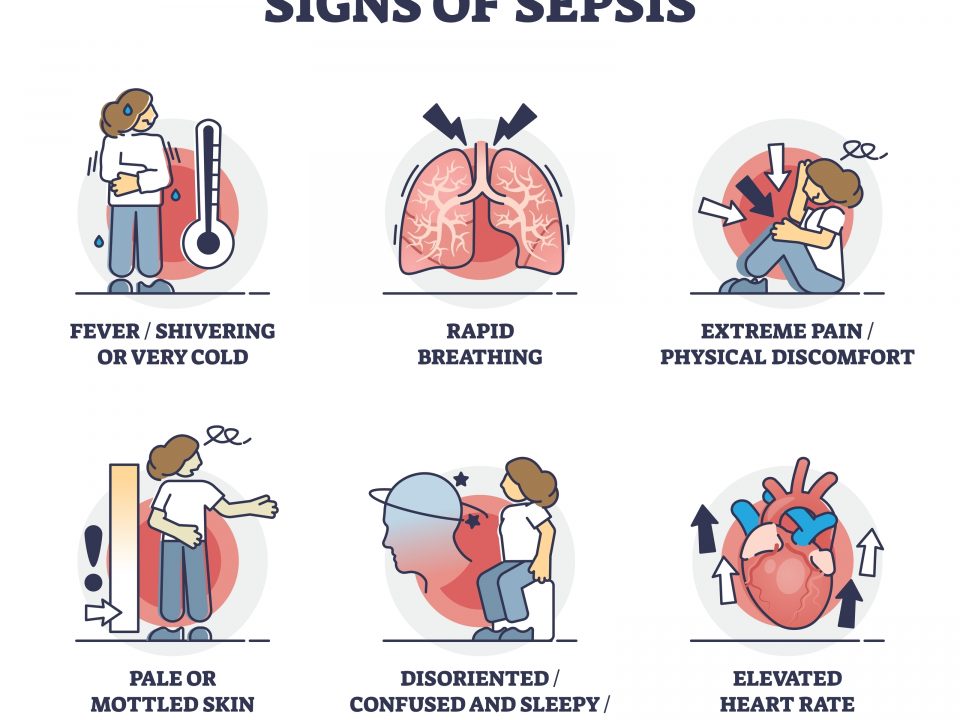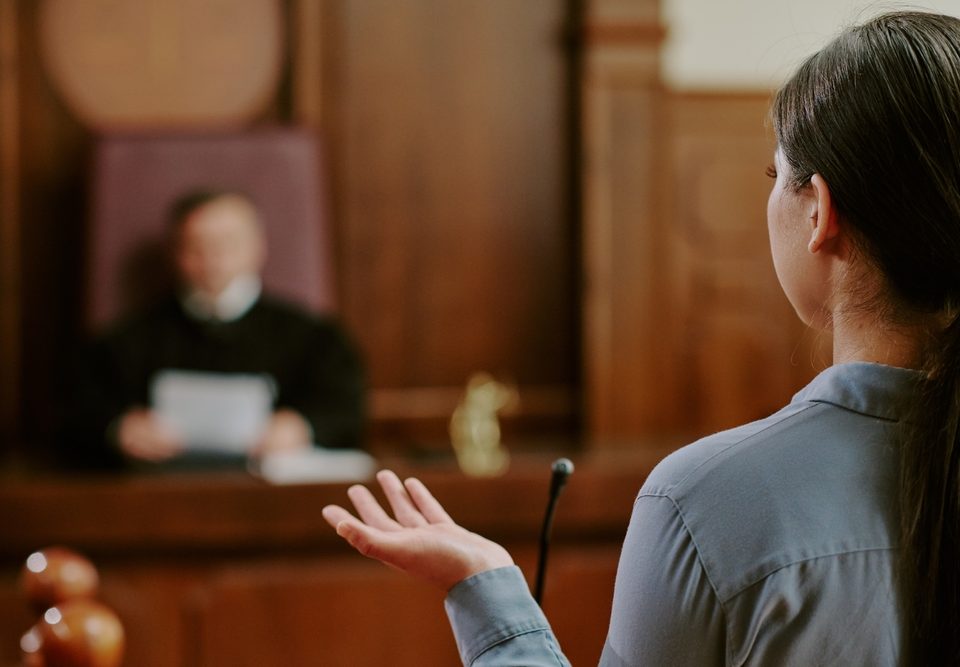
WHO Releases First‑Ever Global Clinical Guidelines on Meningitis: Legal and Ethical Implications for Medico‑Legal Practitioners
26th June 2025
The Hidden Risk of Anchoring: Lessons from Skykomish Ltd v Gerald Eve LLP[2025] EWHC 1031 (Ch)
11th August 2025In the medico-legal context, the role of expert evidence is often considered indispensable, particularly in matters requiring clinical interpretation. However, not all cases warrant the engagement of expert testimony. The judiciary has made it clear that in certain scenarios, the facts and circumstances may be sufficiently within the knowledge and competence of the court, rendering expert opinion unnecessary. This distinction is important for medico-legal practitioners who must determine when their input is truly required and when its absence does not undermine judicial decision-making.
Lloyd v West Midlands Gas Board
A seminal example of this judicial perspective can be found in the case of Lloyd v West Midlands Gas Board [1971] 1 WLR 749. In this case, Lord Denning MR stated that expert evidence is not always necessary where the issue lies within the ordinary experience of a judge or jury. He famously observed:
“There is no rule of law that expert evidence is required in every case where there is an allegation of professional negligence… There are cases where the judge can say, without more, that the conduct fell below the proper standard.”
Ratcliffe v Plymouth and Torbay Health Authority
This principle has continued to evolve, particularly in clinical negligence and personal injury cases, where judges frequently confront issues of causation, standard of care, and prognosis. In Ratcliffe v Plymouth and Torbay Health Authority [1998] EWCA Civ 2000, Lord Justice Brooke reiterated that while expert evidence is often helpful, it is not an absolute prerequisite. He noted that in rare cases where the facts are sufficiently clear, the judge may be able to determine negligence without the benefit of expert opinion.
Armstrong v First York Ltd
The case of Armstrong v First York Ltd [2005] EWCA Civ 277 further illustrated this judicial approach. The Court of Appeal considered whether expert medical evidence was necessary to prove the claimant’s injury. The court held that where the injury alleged is minor, straightforward, and within the general understanding of a layperson, expert evidence may not be essential. The judgment cautioned against overburdening courts with unnecessary expert testimony that does not materially aid the judicial process.
British Airways Plc v Spencer
From a procedural standpoint, the Civil Procedure Rules (CPR Part 35) require that expert evidence be “reasonably required to resolve the proceedings.” This reinforces the court’s gatekeeping role in determining admissibility. In British Airways Plc v Spencer [2015] EWCA Civ 44, the court emphasized the proportionality principle, particularly in low-value claims, and warned against the overuse of expert evidence which may lead to undue costs and delay.
For medico-legal experts, these cases underscore the importance of discerning when their opinion will substantively contribute to the resolution of a case. Expert evidence should not be proffered merely to affirm the obvious or to give a veneer of formality to issues well within the court’s domain. Instead, the focus should be on complex, disputed, or technical matters where clinical expertise will clarify contested issues.
Meadows v Khan
Additionally, courts have indicated that judges are not bound to accept expert evidence where it lacks clarity or relevance. In Meadows v Khan [2021] UKSC 21, the Supreme Court discussed the proper application of expert evidence in wrongful birth claims. While the expert views were central, the court emphasized that the logical coherence and relevance of the opinions mattered as much as the credentials of the experts providing them.
Conclusion
For medico-legal professionals, these rulings represent a cautionary tale and a guide. Expert evidence remains a vital part of the legal landscape, particularly in cases involving medical causation or breaches of duty. However, it is not a default requirement in all cases. Practitioners must consider the nature of the dispute, the complexity of the medical issues involved, and whether the court is equipped to adjudicate without expert assistance. The goal should always be to aid, not encumber, the judicial process.




